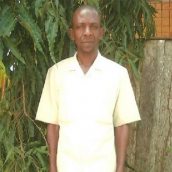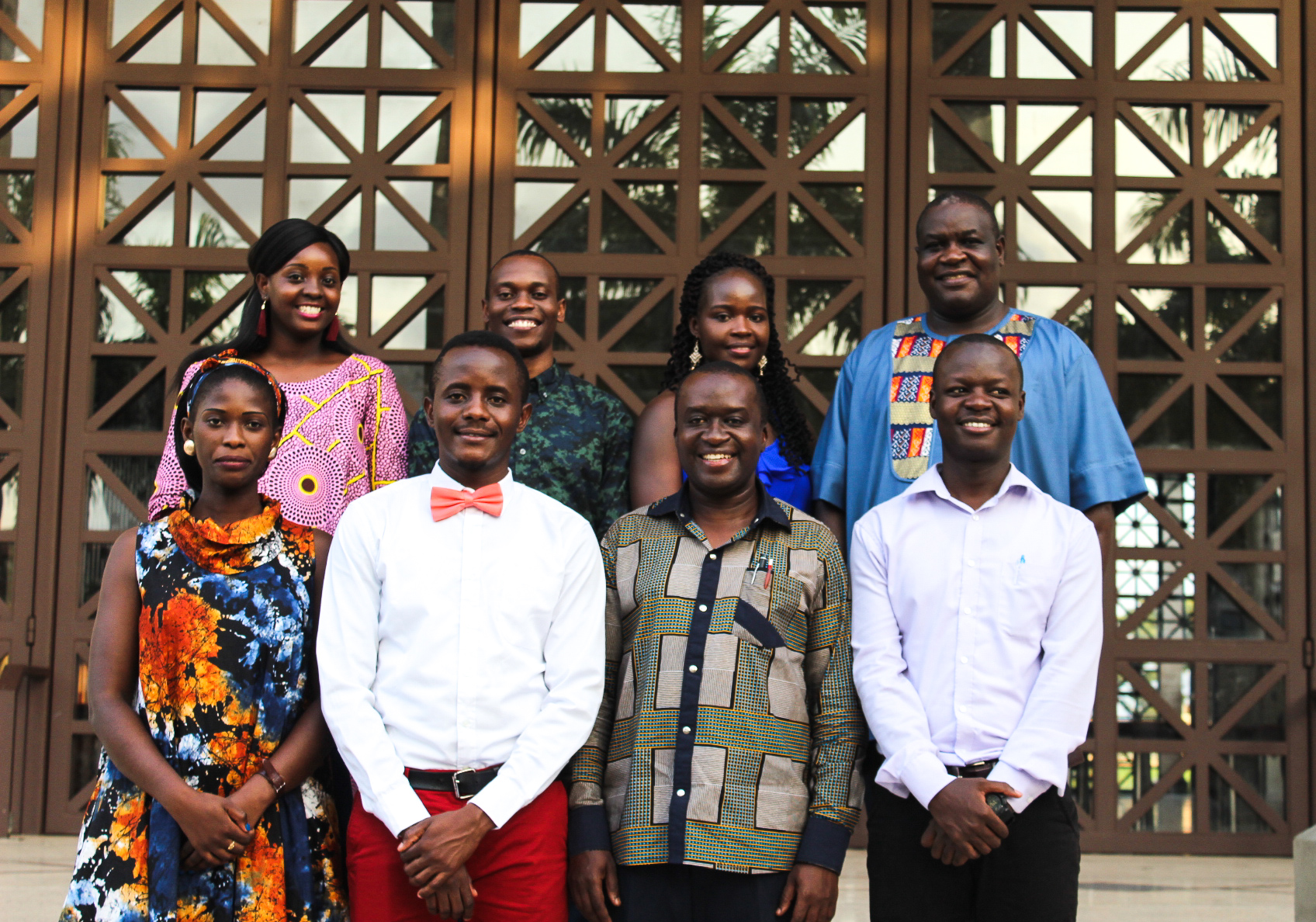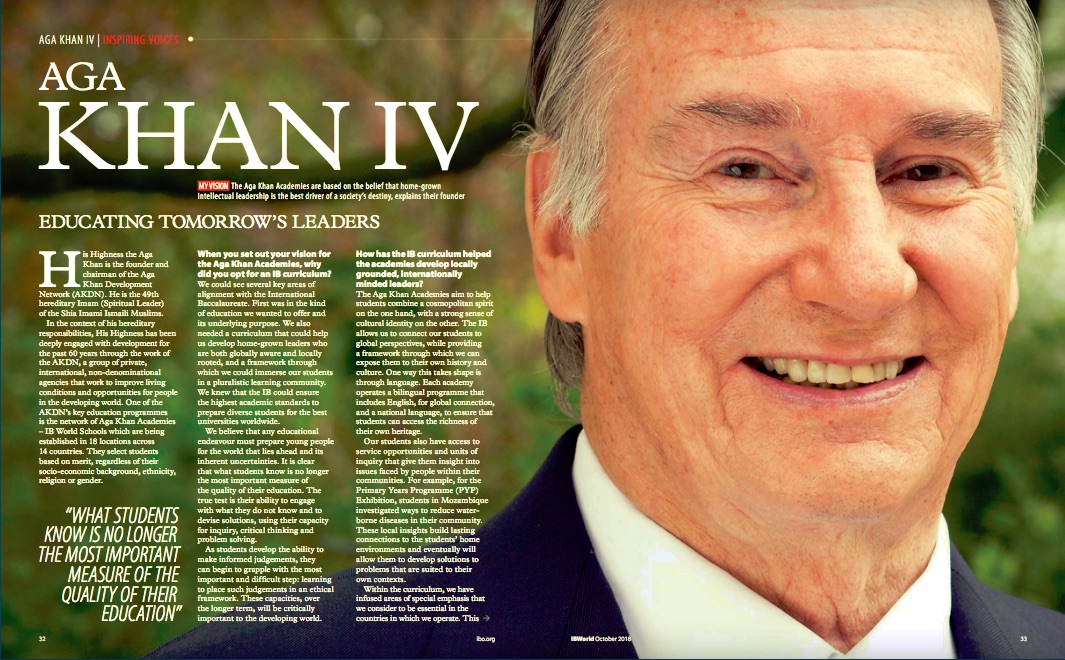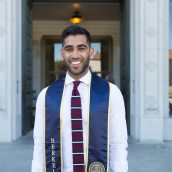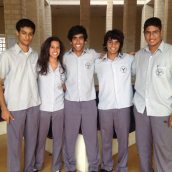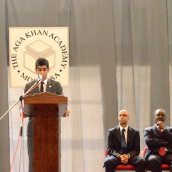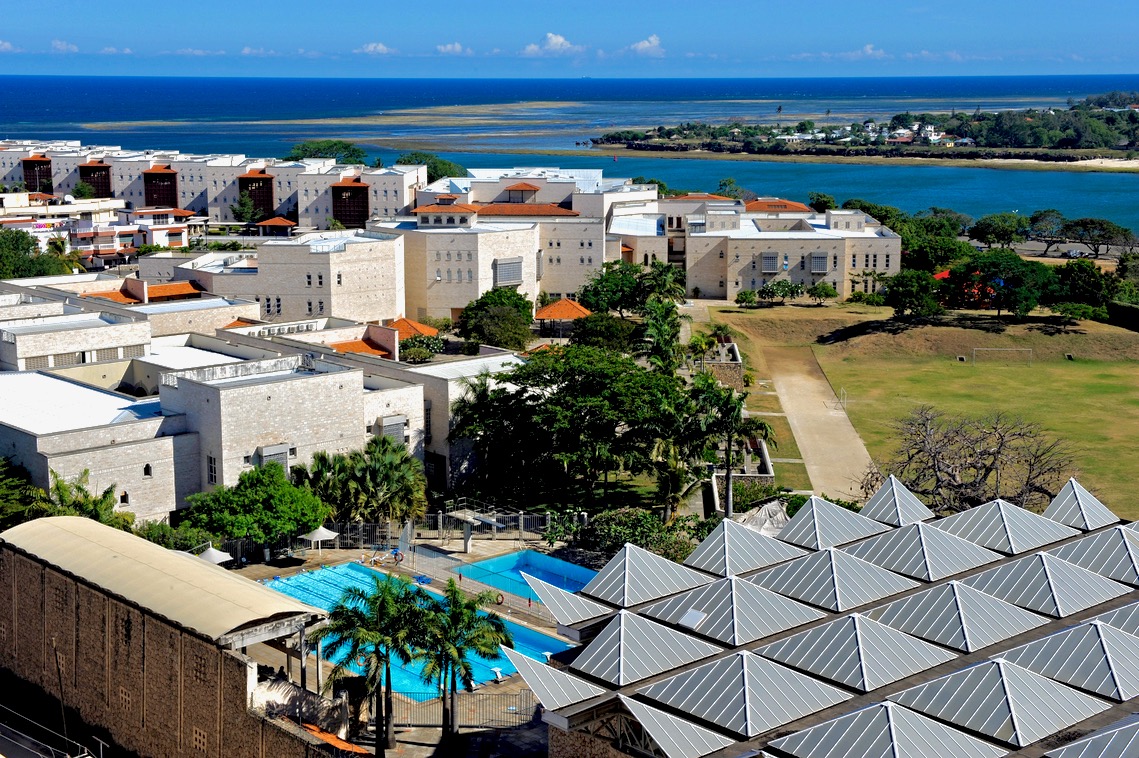Participants of the AKA Outreach Programmes
Said Mwabeha: Sparking a Light in Students by Transforming School Leadership
Said Mwabeha became a teacher in 1990. He was drawn to the profession because it provided an opportunity to positively impact a range of people. “Almost everyone on earth,” he explains, “be it a president, be it a doctor, be it an engineer—all of them pass through a teacher. So, to me, a teacher is a very important person.”
Mwabeha aspires to spark a light in others through his teaching and says the Professional Development Centre at the Aga Khan Academy in Mombasa has enhanced his ability to do so. As the Head of Vuga Primary School in the coastal area of Kenya, Mwabeha attended a course focused on Leadership Management at the Academy.
“It really transformed me,” Mwabeha says of the course, which dealt with how Heads of School could make better use of their resources to enhance academic performance. While he previously undertook initiatives to improve the school as a “one-man shop”, he now takes an integrated approach to solving problems that involves a range of teachers, parents and students.
The Academy’s programme also spurred the creation of an association of teachers in Kwale County, where Vuga Primary is located, at the end of 2012. As Chair of Kwale Educational Leaders' Association, Mwabeha is leading teachers from 23 schools in formulating a strategic roster of activities to strengthen their academic performance. Their strategy is two-pronged. On the one hand, they plan to undertake workshops and other initiatives to improve pedagogy. On the other, they are organising awareness meetings and conferences for parents and teachers to discuss the importance of education. They hope to overcome the challenges and problems created by families that do not prioritise education.
Meanwhile, inside the classroom, Mwabeha is working hard to spark intellectual curiosity in his pupils. After receiving training in pedagogy at the Academy, he has promoted the use of more participatory teaching methods, both in his own classroom—where he teaches Social Studies and Religion courses to students in grades 4, 6 and 8—and in those of his colleagues. “It gives [the students] an opportunity to explore more and to discover more by themselves,” he explains. He previously spent the majority of classroom time lecturing, as is common in Kenya, but finds that facilitating class discussions is more fruitful.
By Alia Dharssi
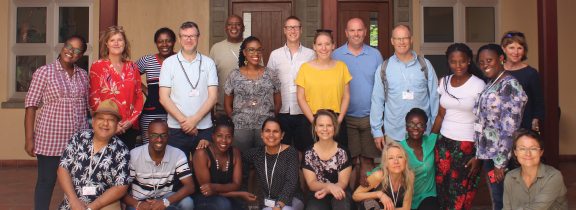
IB Workshops
This year we are excited to announce that will be hosting two IB workshops. They will be held virtually and will take place on 21-23 June and 5-7 October.
About our IB Workshops
The Aga Khan Academy Mombasa offers authorised International Baccalaureate (IB) teacher training workshops for Primary Years, Middle Years and Diploma Programme teachers.
To accommodate a diverse range of learners, the IB workshops are designed for both new and experienced teachers interested in increasing their knowledge and expertise about the IB programme.
The workshops include strategies and techniques for teaching IB courses effectively in the classroom and are led by highly trained IB experts. Each workshop allows teachers to assess and build their skills in the curriculum as well as understand and compare assessment criteria.
The workshops offer teachers a chance to interact directly with and offer their input to the workshop leaders. They also allow the participants to discuss and share their own ideas, practices and strategies while working alongside other IB teachers from a broad range of backgrounds.
Workshop fees
The workshop fee is USD 650.
An invoice will be sent to you once we receive the payment confirmation. The fees must be paid in full before the deadline and a receipt will be issued.
Registration form
To register for June click here and to register for October click here.
For any queries, please contact us at workshops@agakhanacademies.org
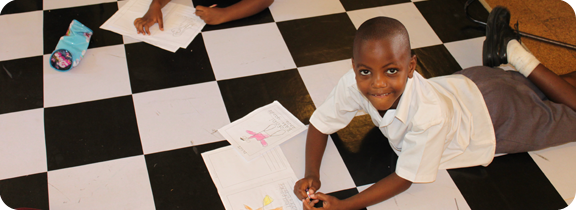
Primary Years Programme
The Junior School of the Aga Khan Academy, Dar-es-Salaam is preparing for authorisation as an International Baccalaureate (IB) World School offering the IB Primary Years Programme (PYP).
Foundations for Lifelong Learning
The Primary Years Programme focuses on the development of the whole child. It is geared towards creating independent, confident and respectful learners.
Our classroom curriculum and after-school activities address the children's social, physical, cultural and ethical development while giving them a strong foundation in all the major areas of knowledge.
 The curriculum consists of five essential elements:
The curriculum consists of five essential elements:
- concepts
- knowledge
- skills
- attitude
- action.
The core subjects we cover include English language, mathematics, social studies, science and technology. Our programme also includes a beginning computing course, physical education, music, art, French and Portuguese.
Students and teachers explore questions in all subject areas using an interactive, student-centered approach. The knowledge element of the curriculum is enhanced by six themes that are studied across the various subject disciplines. These are:
- who we are
- where we are in place and time
- how we express ourselves
- how the world works
- how we organise ourselves
- sharing the planet.
The PYP develops well-rounded students who are well versed in all areas of knowledge. They learn to be intellectually curious, principled, caring, open-minded, well balanced and reflective learners.
Please visit the Admission Requirements page or contact us to find out more about applying to the PYP at the Academy.
Rahim Daya (Class of 2013): Grateful for a balanced education
Growing up in London, England I had no idea that I would owe my intellectual and character development to the dynamic academic and residential programmes at the Aga Khan Academy Mombasa.
I was aware of the work of the Aga Khan Development Network and their efforts to improve the quality of life of communities across the globe, but little more. After moving from London to Moscow at age 12, my parents urged me to consider the programme at the Aga Khan Academy Mombasa, a school 5000 miles away. I was taken aback. Why did they want to send me away? I didn’t mean to knock over the photo frame while kicking around the soccer ball the other day. As I began to read about the Academies and their vision to create leaders, I became excited at the prospect of being part of a rigorous academic programme while having the opportunity to engage in the numerous extra-curricular activities the Academy in Mombasa had to offer.
I was one of the first members of the boarding component of the Academy and, as a result, I saw the programme grow from about 30 students living in two blocks to almost 200 across six blocks. Despite the growth, residential students remained a tight-knit community where younger students felt comfortable interacting with student several grades above them. The commitment to serve the community was of the upmost importance within residential life at the Academy. I recall taking part in cleaning Mama Ngina Drive, the street that ran adjacent to the school, as well as numerous beach clean ups, painting a local madrasa and facilitating a de-worming programme in Bombolulu to name a few. Students were also given the freedom to create their own community service projects. I was a part of a project called Your Environmental Voice, an organisation that aimed to create awareness of environmental issues and undertake initiatives to curb unnecessary pollution in Mombasa. Projects like these allowed for students to lead and take ownership of projects that made a difference in the lives of those around us.
Within the residential programme, I recall the efforts of teachers like Mr. Bernard Dudi – my dorm parent for the majority of my time at the Academy – and others who went out of their way to ensure that students quickly settled into the Academy. Teachers’ doors were always open for a quick chat on academics, current affairs and future plans as well as the results from the previous nights’ Champions League football. In holding the position of dorm captain within the residential community and representing the community on the student council, I was entrusted with a leadership role within residential life that involved organising and facilitating orientation programmes for new students. In addition, dorm captains arranged activities for students on the weekends and liaised with students and teachers to improve the boarding experience for all. Leadership roles like this gave me my first taste of managing projects and people and I continue to draw on these experiences today.
Being a part of and leading the Model United Nations club at the Academy in Mombasa was an experience that I hold most dear. At first, the thought of public speaking and writing resolutions to combat real local, regional and international problems was intimidating enough for me to turn a blind eye to joining the club. However after encouragement from teachers and peers, it wasn't long before I began to gain confidence in addressing long hundreds of fellow delegates without needing to read off a script or feel my legs wobble. Through attending conferences as well as teaching others the skills needed to be a successful delegate, I was tasked with analysing and working with others to construct creative solutions to tackle issues concerning poverty reduction including food security; the prevalence of quality educational institutions; access to clean water and sanitation. These experiences allowed me to begin to comprehend the multiple complexities to a single issue and the ethical responsibility we carry to do all in our power to promote sustainable progress in less privileged communities.
I was particularly challenged by the rigor of the IB Diploma Programme – I quickly learnt that it is essential for students to be able to think independently and work hard to engage with thought provoking course work. Studying six different subjects as well as Theory of Knowledge and writing a 4000-word essay on a chosen topic was a heavy load to bear. Crucially, there was a willingness and determination among the student body to study in groups and push one another to achieve challenging objectives. There was no shame in going to a classmate or more senior students to ask for help and this was in fact commonplace. I think that the challenge of the IB diploma was made much easier by the effort to work together among students. The teachers at the Academy were invaluable in the process as they guided students to reach the academic goals and encouraged students to think outside the box. Their collective love for teaching and determination to see students succeed allowed for the attainment of consistently high grades and development of a passion for learning that continues to drive Academy alumni today.
As I reflect on my time at the Academy and turn an eye to the future it is my hope that I will be able to return to the African continent and help to contribute to the progress being made today. Graduating with a liberal arts education from UC Berkeley and focusing on Political Economy from an African lens has cemented the responsibility I feel to give back to communities and help improve the lives of those troubled by poverty, unemployment and poor governance. Not only did my time at the Academy help me gain admission to a top university but it helped me to grow to be the man I am today by instilling values of social conscience and intellectual curiosity that I continue to hold precious today.
By Rahim Daya
Register for assessments
The Aga Khan Academy Mombasa, a programme of the Aga Khan Development, is the first in a global network of 18 planned Academies.
We select a diverse group of students with exceptional academic and leadership potential, offering financial assistance where needed. We offer them a world-class International Baccalaureate (IB) education on a residential campus with outstanding facilities, preparing them to make a positive contribution to society.
Through our inquiry-based approach to learning, students develop independent and collaborative learning skills, problem-solving and critical thinking. We also ensure that students develop their gifts and talents through a wide range of sports, arts and cultural activities, nurturing the holistic development of each child. Our teachers are highly qualified, experienced and committed to their ongoing professional development.
